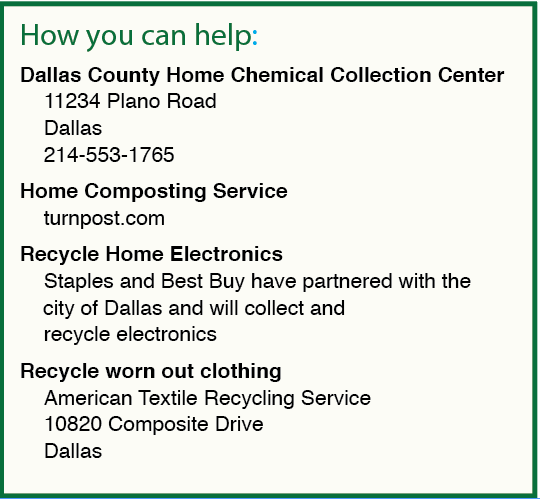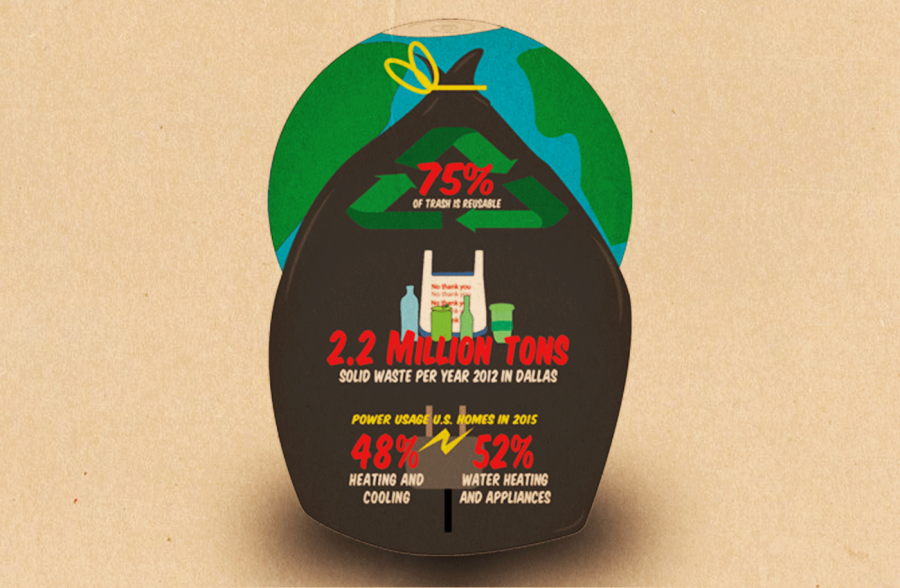Green Up Your Act: Help make the world a better place by starting at home with these facts and tips
September 26, 2019
Ordering food to-go or shopping fast fashion may be more convenient, but it creates a huge amount of unnecessary waste. There’s so much more we can do to help the world feel some eco-friendly love! Here are some easy replacements for a waste-free lifestyle.
—Eson Fellers
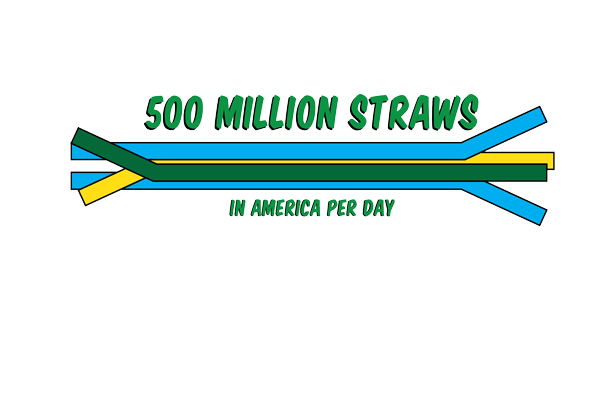
Plastic
Plastic contributes to a massive amount of everyday debris. Since plastic cannot be broken down by natural bacteria, any minor decomposition only leads to microplastics, which pollute the ground.
Plastic also can’t be burnt for fuel, as it would release chemicals into the air. And marine animals can often mistake our garbage for food, leading it to poison them.
Instead of a harmful plastic straw, next time reach for a washable metal straw or a reusable cup for more long-term use. You can easily find these at stores like Walmart or Target for about $10 or Amazon for closer to $5. The sea turtles will thank you.
Water/Electricity
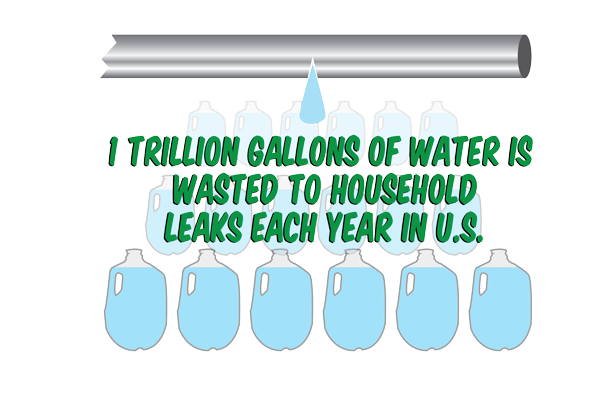
Water and electricity are often taken for granted, but these resources are not infinite. Excessive electricity and water usage not only take a toll on your wallet, but on the environment as well.
By 2025, most of the world will likely be faced with a shortage of water. On top of fixing leaky faucets, try switching to showers as opposed to baths.
Some energy efficient changes could be switching to halogenic light bulbs, installing dimmer switches or even just remembering to unplug from some outlets at night.
Chemicals
Something we often don’t take into consideration is the impact our cleaning products have on us. “Many cleaning supplies or household products can irritate the eyes or throat, or cause headaches and other health problems, including cancer,” according to the American Lung Association.
Not only do chemical products have a negative effect on our bodies, but the environment as well. The concentrated forms of some commercial cleaning products are hazardous and can create potential handling, storage and disposal issues for users, EPA says.
Instead of harmful chemical products in plastic bottles, white vinegar is a cleaning powerhouse that can be used anywhere from countertops to windows. To avoid a pungent odor, add some essential oils to the mix. Not only is lavender essential oil relatively cheap, but it has a calming effect that could help reduce the stress of cleaning. For every one fourth cup of white vinegar, add two cups of water, and 15 drops of the essential oil of your choice.
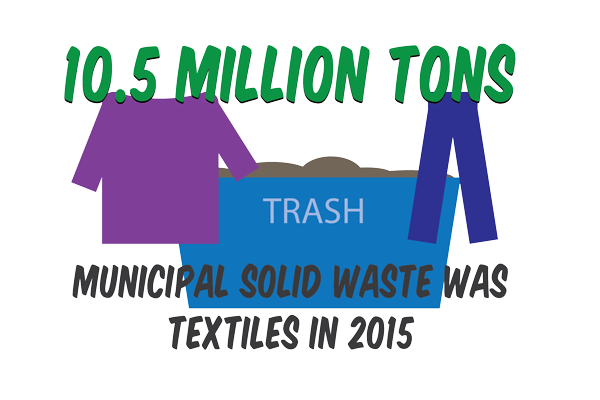
Clothing
Unwanted clothes, bed lines and other fabrics take up lots of space in landfills. This could be changed through thrifting, or buying better quality items of clothing. “Retraining consumers to buy fewer, better-quality clothes at a higher price would mark a major step toward reducing that waste,” says Jana Hawley, director of the University of Arizona’s School of Family and Consumer Sciences. Try to purchase clothes from ethically sourced brands. If you’re tired of some of your older clothes, you can resell them on mobile applications such as Depop.
Diet/Food
Waste/Composting
Cutting meat and dairy products from your diet could reduce an individual’s carbon footprint from food by up to
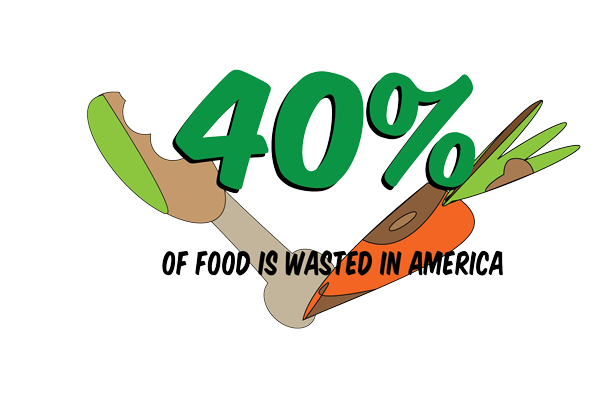
73 percent, depending on where you live, based on research from the University of Oxford. Aside from being a healthy lifestyle, veganism has a massive positive impact on the environment. Some good meat substitute brands are Morning Star, Good Earth Natural Foods, or Tofurkey, which sells substitutes for several meats aside from turkey. For dairy supplements, try Silk, which sells a variety of milk alternatives as well as yogurt, or Daiya or Chao for some incredible vegan cheeses.
Instead of throwing old food away, try composting. Not only does composting help reduce food waste, but it enriches the soil around it and allows plants and communities to thrive.
